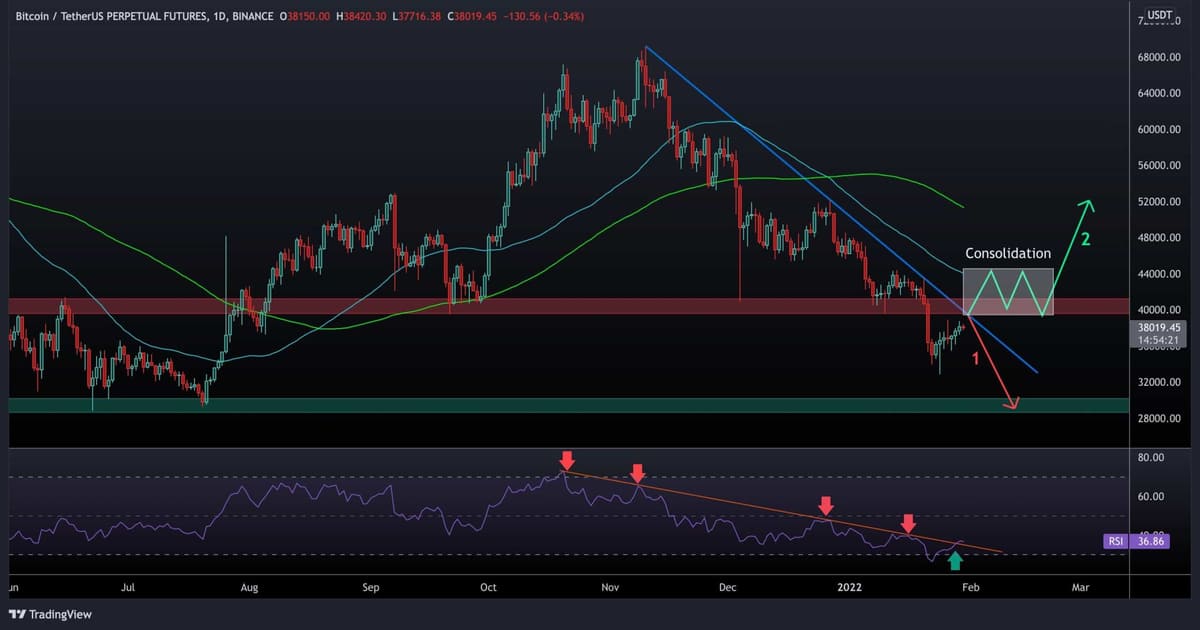
Ethereum Experiences Outflows as Investors Stay Cautious Despite Positive Fundamentals
Ethereum’s market continues to face challenges, with the asset recording its fourth consecutive week of outflows, totaling $15 million. Despite Ethereum’s transition to a Proof-of-Stake network, which many experts believe will strengthen its position in the long term, investor sentiment remains cautious. The total outflows from Ethereum this year have reached $375.8 million, despite some positive signs emerging from the network.
Caution Prevails After Ethereum’s Smooth Merge Transition
Ethereum’s much-anticipated Merge went smoothly, transitioning the network to a Proof-of-Stake model without any major technical issues. This shift has sparked increased staking activity and high network participation, showing positive trends in client diversity. However, investor caution persists, as Ethereum’s transition has yet to ignite significant price movement. Institutional investors remain skeptical, likely due to concerns around scalability, despite Ethereum’s successful upgrade to a more energy-efficient network.
Ethereum Staking Gains Popularity, But Institutional Hesitation Continues
Ethereum’s Proof-of-Stake network holds promising potential for scarcity and deflationary mechanics, with the network’s staked ETH increasing consistently. However, many institutional investors are still hesitant, given the ongoing challenges around scalability. Ethereum’s upcoming scalability upgrades, including “the Surge,” are aimed at improving the network’s transaction speed and reducing fees, but these improvements are expected to take time. Despite these hurdles, Ethereum remains a highly attractive opportunity for individual investors seeking a steady 5% annual yield from staking.
Ethereum’s Future Depends on Upcoming Upgrades and Institutional Involvement
While Ethereum’s Merge has reduced energy consumption and carbon emissions, scalability remains a critical issue. Upcoming upgrades, including “the Surge,” aim to make Ethereum more secure and decentralized, enabling cheaper transactions across multiple chains. Although these upgrades are essential for Ethereum’s future success, they will take time to implement, leading many investors to remain cautious. However, Ethereum’s improved sustainability and staking opportunities continue to attract attention, particularly from traditional institutions.
Ethereum’s Scalability Challenges and Institutional Interest in Staking Opportunities
Ethereum’s transition to Proof-of-Stake brought numerous positive changes, but scalability remains a major challenge. Ethereum is yet to implement solutions such as sharding, which would significantly improve transaction speed. Despite this, Ethereum’s eco-friendly approach has paved the way for more traditional financial institutions to engage in staking. The network’s ongoing updates and the lucrative 5% annual yield from Ethereum staking make it an appealing investment for those willing to wait for the future scalability improvements.



